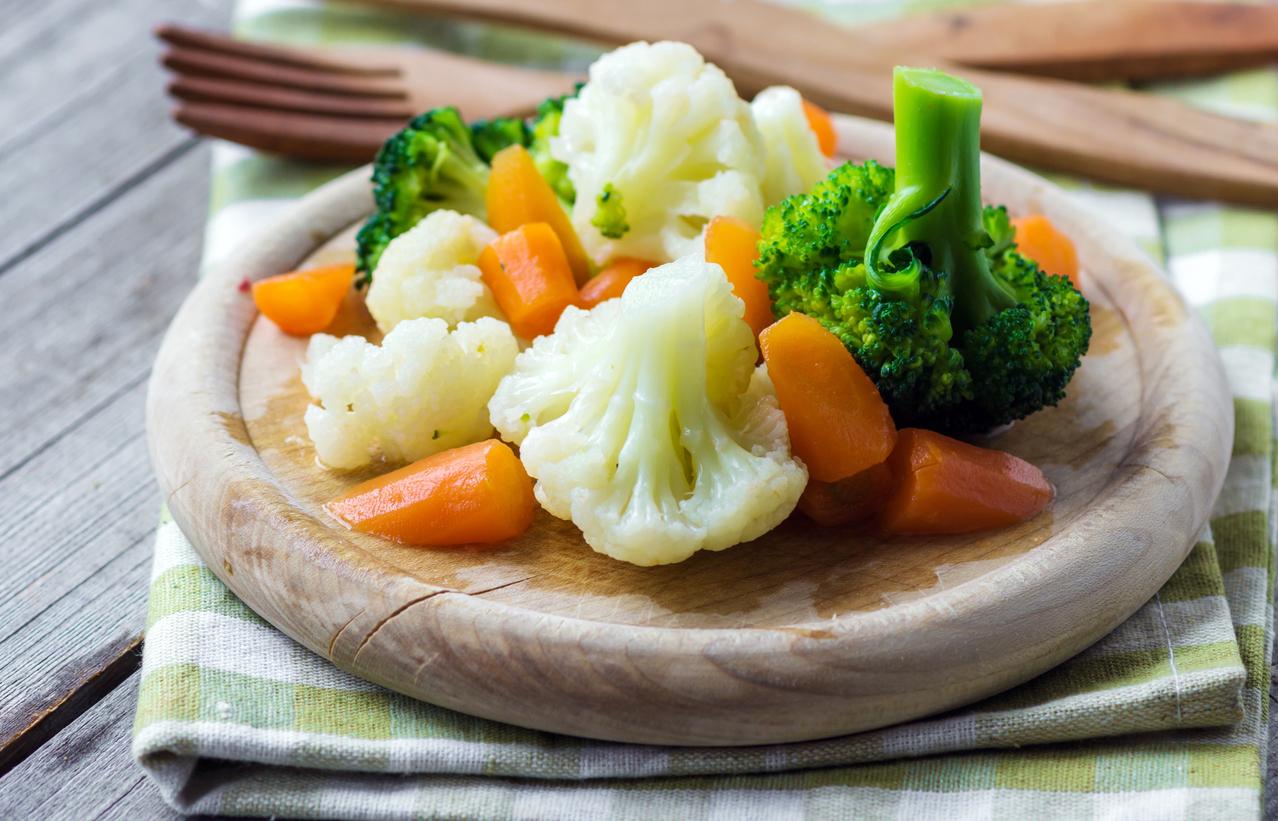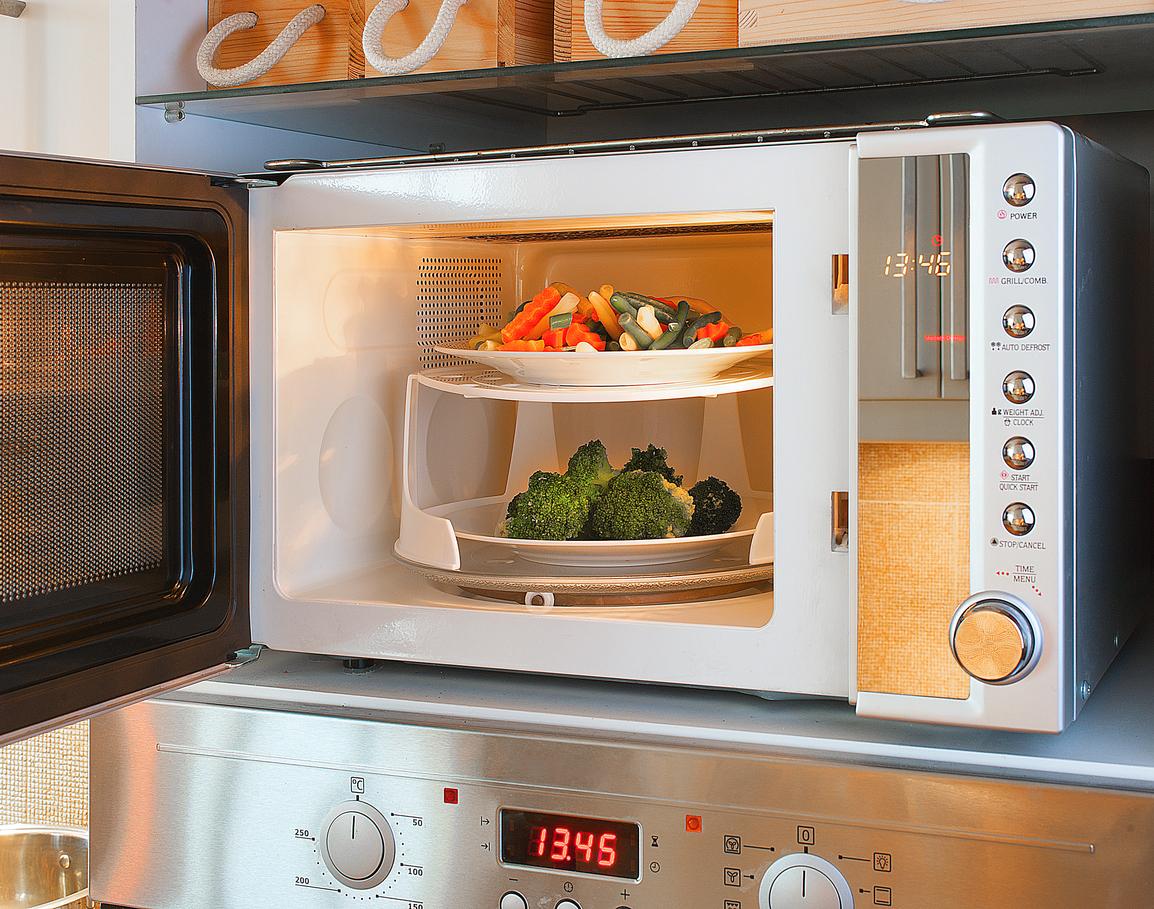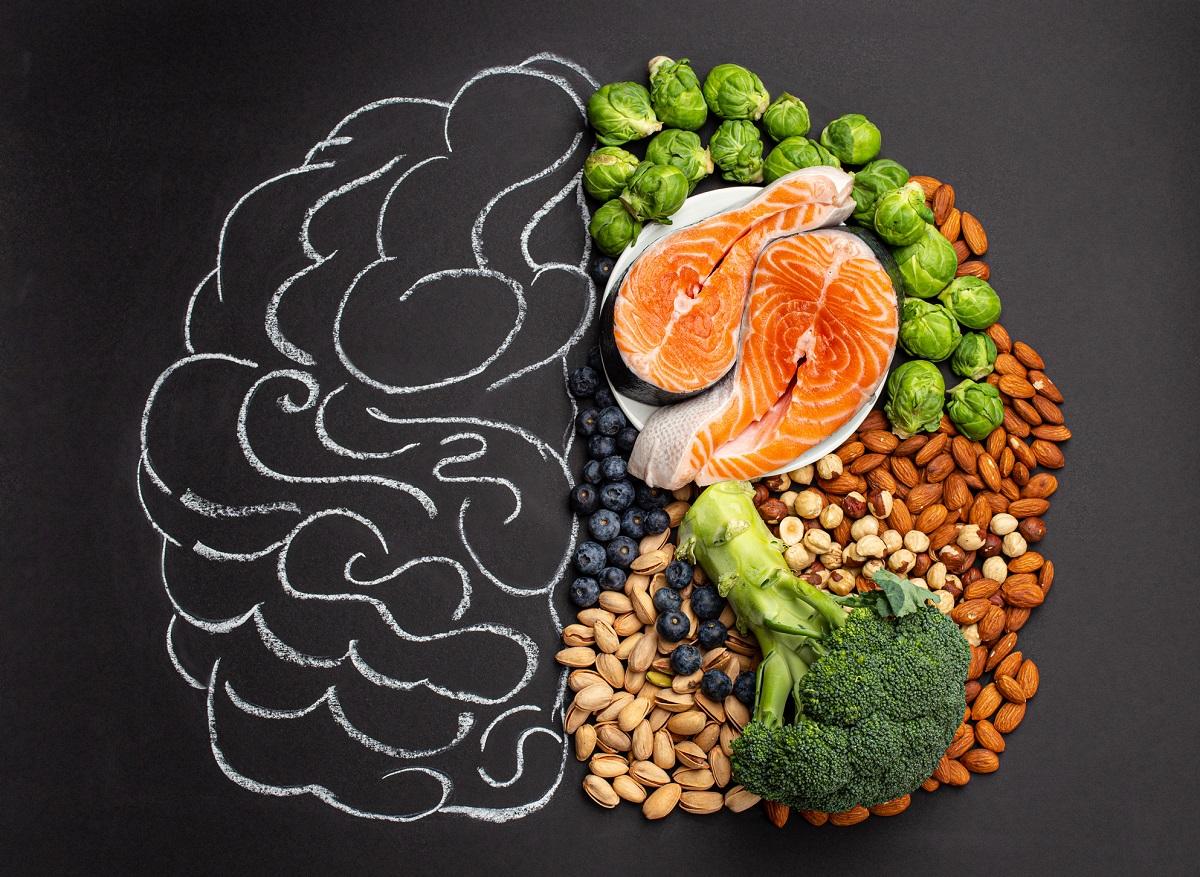Consuming cereals other than wheat or oats for breakfast can provide you with plenty of nutrients and vitamins to start the day off right.

- According to a Crédoc study from May 2021, 86% of French people consider it important to start their day with a good breakfast.
- About 30% of children and 20% of adults do not eat breakfast every morning.
Notice to breakfast lovers and also to others who lack original ideas for the first meal of the day: cereals less known than those present in most industrial products deserve to be found in our bowls.
Cereals rich in protein and iron
This is the case with quinoa, for example, an ancient seed with a nutty taste, originating from the Andes, in Bolivia and Peru, which is usually more common at lunch. However, at breakfast, in a sweet (or salty) version, it is a very interesting alternative to wheat and oats. Indeed, it is one of the few plants to be a complete source of protein, essential for waking up well in the morning and being in good shape, since it boosts dopamine.
“With 8 grams of protein per cup, quinoa is a nutritional goldmine. This cereal is also gluten-free and a good source of iron.“, say dieticians Beth Czerwony and Laura Jeffers in Health Essentials.
The two experts also recommend trying amaranth: this tiny seed contains all the essential amino acids, making it a plant-based source of choice for complete proteins. It is also gluten-free which avoids being too difficult to digest in the morning.
Among the other recommended cereals, polenta, preferably made from organic corn, is also a good source of vitamin C, which helps fight fatigue, and two antioxidant carotenoids: lutein and zeaxanthin. Khorosan wheat, marketed as kamut, also made the list for being higher than modern wheat in protein, selenium, zinc and magnesium.
Brown rice provides energy from breakfast
In fifth place is millet, which is rich in fiber, iron, B vitamins, manganese, phosphorus and magnesium, while being gluten-free: “In ancient Rome, it was used to make porridge”, write the dieticians, who invite to test it at breakfast.
Eating buckwheat for breakfast also allows you to consume the nine essential amino acids, including lysine and arginine. Moreover, it is a very good source of manganese, and it also contains high amounts of copper, magnesium, fiber and phosphorus.
Finally, brown rice! Indeed, it is an interesting source of manganese, as well as selenium, phosphorus, copper, magnesium and niacin. This B group vitamin is famous for help the body convert food into energy, which is all you need from a good breakfast!

















